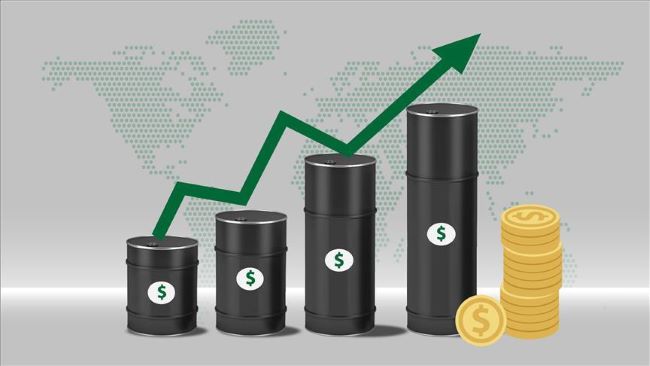As Donald Trump prepares to take office as the 47th President of the United States on January 20, the revival of the US shale oil industry is sending shockwaves through global oil markets.
The resurgence threatens to rekindle the 2014 oil price collapse, which plunged Nigeria and other OPEC nations into economic crises.
US shale production, which played a central role in the 2014 supply glut, is once again on the rise. This time, the industry is focused on boosting shareholder returns and achieving operational efficiency rather than merely ramping up production. According to industry analysts, technological advancements and disciplined spending have positioned US shale producers to withstand market volatility while maintaining high output.
“Shale has completely redrawn the map of global oil. It has shifted not just supply-demand dynamics but also geopolitical and economic balances,” said Daniel Yergin, vice-chair of S&P Global.
With the US now producing nearly 20 million barrels of oil per day—matching its consumption—imports from Gulf countries have dwindled. The prolific Permian Basin alone outpaces the output of several OPEC powerhouses like Kuwait and Iraq, solidifying America’s position as a dominant oil producer and net exporter.
For Nigeria, the implications are dire. Rising US shale supplies could lead to an oversupplied market in 2025, driving oil prices below the $75-per-barrel benchmark on which Nigeria’s 2025 budget is based. This would undermine government revenue projections, exacerbate fiscal deficits, and strain an economy heavily reliant on oil exports.
President Bola Tinubu’s proposed ₦47.9 trillion budget for 2025 depends on oil revenue for 56% of total income, with production targets set at 2.06 million barrels per day. Prolonged low oil prices could destabilise these plans, affecting public spending, debt servicing, and economic growth.
Energy analysts warn that Nigeria’s overdependence on oil makes it particularly vulnerable to shifts in the global energy landscape. Aisha Mohammed, of the Lagos-based Centre for Development Studies, noted, “Reduced oil revenue could trigger a ripple effect, impacting government budgets, oil-dependent industries, and households reliant on oil-sector jobs.”
With OPEC+ considering easing production cuts in 2025 and the US shale boom gaining momentum, Nigeria and other oil-exporting nations face an uphill battle to maintain economic stability. As the global energy market braces for a potential supply surplus, the stakes have never been higher for Nigeria’s economy.













